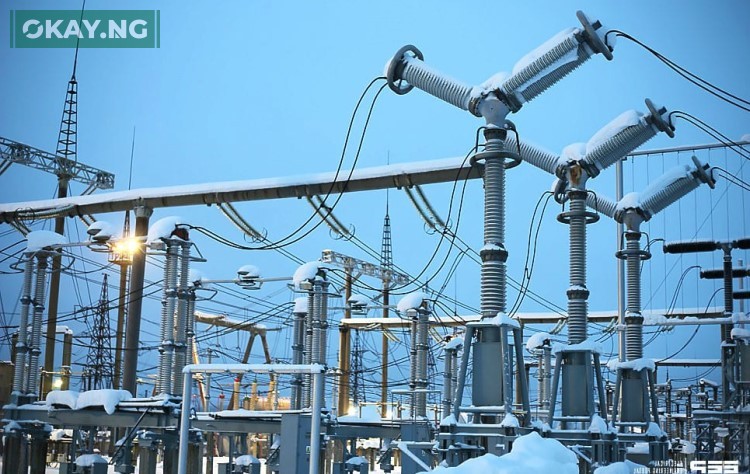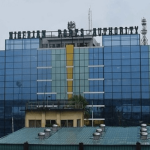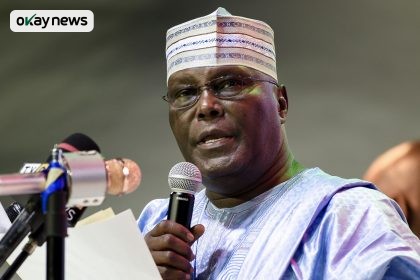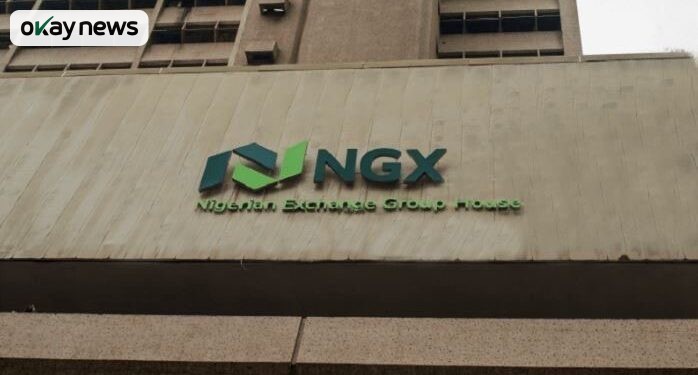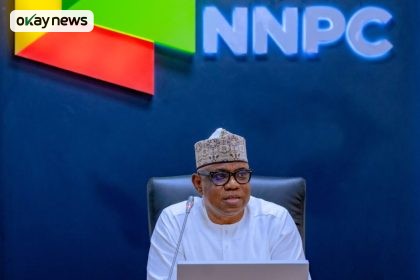Despite a broad-based economic expansion witnessed across Nigeria in the fourth quarter of 2024, the nation’s electricity production index experienced a year-on-year (y-o-y) decline of 1.64%, according to data released by the Central Bank of Nigeria (CBN). This downturn marks a significant reversal from the 5.55% growth recorded in the preceding third quarter, highlighting the persistent challenges plaguing the Nigerian electricity sector.
While 21 out of 22 subsectors of the Nigerian economy reported positive growth in Q4 2024, the power sector’s annual performance paints a different picture. “The decline in electricity production on a year-on-year basis suggests that systemic issues remain unresolved, requiring targeted policy interventions,” the CBN report stated.
However, a closer look at the quarter-on-quarter (q-o-q) data reveals a degree of recovery. The electricity production index rose by 22.50% compared to a drastic 49.46% decline in Q3 2024. Consequently, the average estimated electricity generation increased to 4,206.50 megawatts per hour (MW/h) from 4,110.47 MW/h, representing a 2.34% rise. Similarly, electricity consumption saw a modest 2.63% increase, reaching 4,105.66 MW/h.
The overall economic expansion in Q4 2024 was attributed to factors such as improved business confidence, increased consumer spending, and robust performance in key sectors like agriculture, manufacturing, and telecommunications. Government fiscal and monetary policies aimed at stabilizing inflation and boosting investment also played a pivotal role.
The CBN report highlighted that the quarterly improvement in electricity generation was largely due to “enhanced gas supply to thermal power stations and the continued implementation of the Siemens Power Project, which has positively impacted power generation, transmission, and distribution networks.” The oil and gas sector also benefited from stable crude oil prices and increased domestic production, contributing to the broader economic growth.
Despite these positive developments, the Nigerian electricity sector continues to grapple with fundamental issues. “Despite the slight improvement in quarter-on-quarter electricity output, the power sector continues to grapple with infrastructural deficiencies, liquidity issues, and transmission bottlenecks,” the CBN data revealed.
The Siemens Power Project, a key initiative aimed at modernizing the power infrastructure, has shown early signs of impact. However, industry stakeholders emphasize the need for sustained investment and comprehensive reforms to ensure long-term stability and reliability in power generation and distribution.
As someone who has followed the Nigerian power sector closely for years, I understand the frustration these fluctuations cause for businesses and households. The ongoing challenges in electricity supply directly impact economic productivity and the quality of life for millions. While the quarterly improvements offer a glimmer of hope, the persistent annual decline underscores the urgent need for consistent and effective policy implementations.
The focus now shifts to ensuring the momentum of the Siemens Power Project is maintained and that other critical reforms are implemented to address the systemic issues plaguing the sector. Only through sustained efforts can Nigeria achieve a stable and reliable power supply that supports its growing economy.


